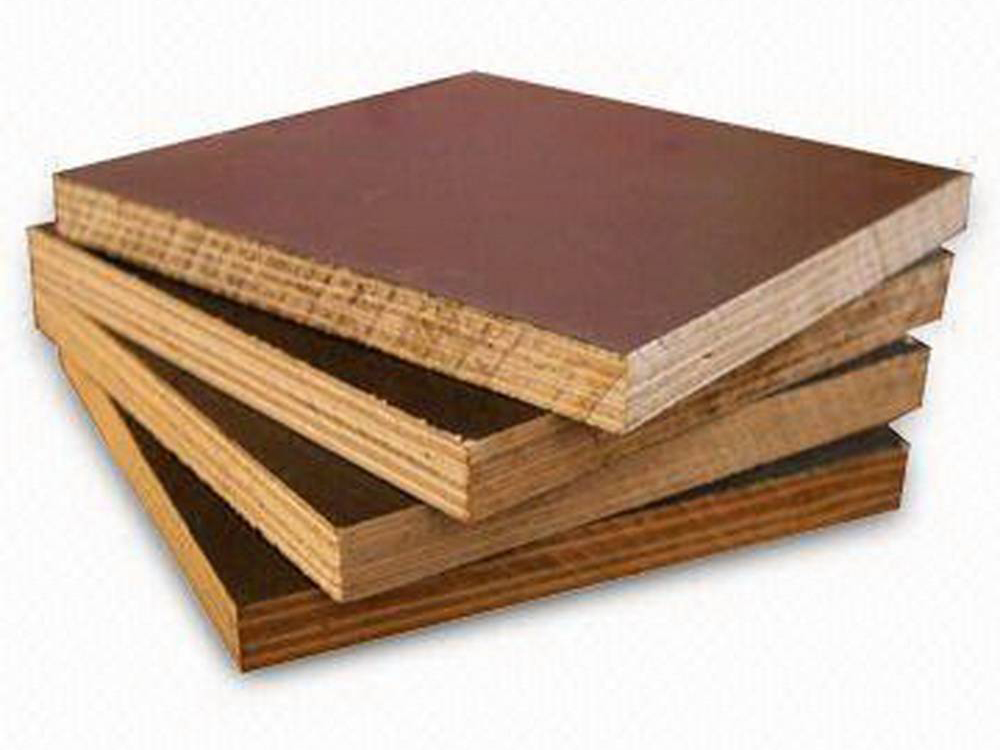
Standardization facilitates use of right material for right purpose. It also helps to build consumer confidence in any material/product and ensure product quality conforming to the specifications. It helps the manufacturer to compete in the international market for selling his products. The Institute continues to play a significant role in formulating and evaluating standard/ specifications for wood, wood products and products from lignocellulosic materials by serving on various committees/subcommittees of BIS, the national standards body of India responsible for formulation of standards.
IWST is very much involved in the activities of BIS related to Standards on Wood and wood based Panels. Scientists serve on various sectional committees and sub committees of Civil Engineering Division of BIS as conveners/members. Director, IWST is the Chairman of wood products and products from other lignocellulosic materials sectional committee CED: 20 and also a member of BIS Council.
Standardization Activities includeFormulation of Standards for materials developed at the Institute or elsewhere
Revision of existing Standards of BIS based on research carried out at the Institute
Preparation and revision of draft Standards referred by BIS
Sending comments to draft amendments,
Rationalization of test procedures and methods and review ISO draft Standards.
Further, IWST will play an important role in standardization activities of the country in the following ways:-i. Environmental friendly product standards: Eco mark requirements for wood and other panel products have already been introduced now in any of the Indian Standards. IWSTI which is very much associated with the testing and ormulating Indian Standards for products from wood and other lignocellulosics. It has its mandate and vision well within the frame work of ecolabeling and certification.
IWST is working since its inception in development of panel products from eco-friendly, biodegradable and renewable resources. It is very much conversant with the criteria for eco-marking of wood substitutes - general and specific requirements. It is the only Institute of its kind in the country working exclusively for the development and growth of panel products from wood and other lignocellulosics.

ii. Development of Standards to meet consumer needs based on their performance: Current test methods in Indian Standards are only for the material used for different end uses and not for the products made out of them. Also with the scarcity of wood raw materials combination of materials are used in making a product. As such performance test of the product is more relevant to assess the quality and its service life. Therefore, development of performance test methods for different products is the need of the hour. In this direction IWST has already developed a structure for testing of door shutters. In addition to this, the performance standards for flooring, walling units, furniture etc will be formulated.
iii. Formulation of user friendly specifications: In many of the specifications cross- references are given to other specifications and it is difficult for the user to understand and follow the specification properly. Therefore, it is proposed to bring out user-friendly specifications incorporating all the relevant information required in the specifications.
iv. Formulation of Standards for new generation panel products: Formulation of new Standards for products from plantation timber, bamboo and other natural fiber composites. Standards available on wood and wood products are based on the data generated for conventional timbers from natural forest. As the characteristics of plantation timbers differ from that of conventional timbers there is need to bring out standards on products from plantation timbers keeping the end use in view, IWST and other Institutions are developing new generation of materials from bamboo and other fiber composites. Standards have to be formulated for these materials also depending on the end use requirements and changes in raw material scenario.